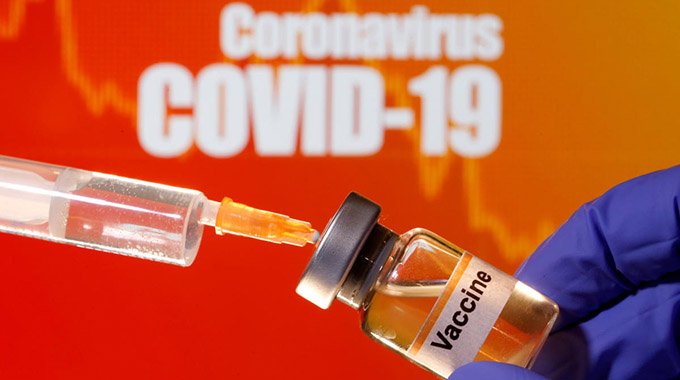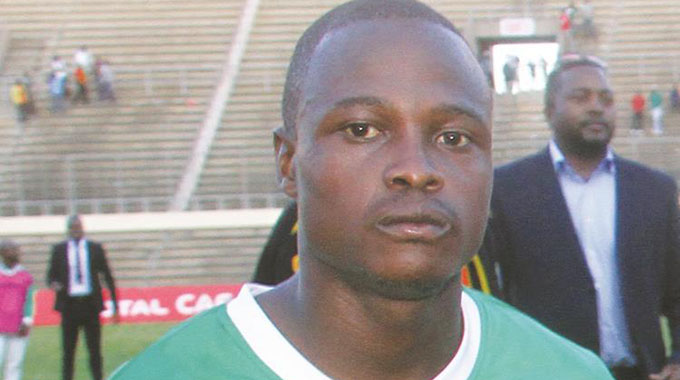Vaccine rollout in Africa critical

Pumla Williams
Correspondent
For Africa, the swift roll-out of Covid-19 vaccines is critical to save the lives of people and to prevent health systems from being overstretched.
African leaders have recognised the need to have a common approach to ensure safe and equitable roll-out of vaccines for all within the next few months.
Through the African Union, a Covid-19 African Vaccine Acquisition Task Team (AVATT) has been established to ensure that African countries are able to access and distribute affordable and effective vaccines without delay.
The Task Team, which is made up of representatives from across the continent, has already secured a provisional 270 million vaccine doses with at least 50 million being available from April to June.
Under the deal, the vaccines will be supplied by Pfizer, AstraZeneca through an independent licensee, Serum Institute of India and Johnson & Johnson.
This is in addition to vaccines that will be supplied by COVAX facility, a World Health Organisation and Gavi Vaccine Alliance initiative to help low and middle-income countries secure access to vaccines on a fair and equitable basis.
During a recent Africa Webinar on Covid-19, hosted by the South African Government Communication and Information System (GCIS), South Africa’s Department of Health and the African Union (AU), the panel of experts discussed the roll-out plan of the vaccine in Africa.
The webinar was attended by international media representatives and it presented an opportunity to exchange information on the rollout plan, while also giving the public a better understanding of the importance of vaccines.
The panellists praised the swift development of vaccines less than a year after the emergence of the Covid-19 pandemic.
They also joined African Union Chairperson President Cyril Ramaphosa in encouraging the world to prevent the rise of “vaccine nationalism” saying all countries should have equal access to Covid-19 vaccines in line with international human rights principles.
In order for Africa to be successful in rolling out the vaccines, the panellists called on African leaders to respond with greater unity and solidarity with all countries working together.
In her opening address, GCIS Chief Director: Policy and Research, Tasneem Carrim stressed the importance of working together to build confidence in vaccines by dealing with fake news and misinformation which has spread across the world on the safety of vaccines.
Dr Nicaise Ndembi, Senior Science Advisor for Africa Centres for Disease Control and Prevention (CDC), who is also the focal person for the vaccine programme in Africa, talked extensively on the continent’s state of readiness to roll out vaccines. According to him, it is estimated that the continent will need 1.5 billion doses to immunise 60 per cent of the population, which is the threshold required for herd immunity against Covid-19.
In preparation for the roll-out of vaccines, Dr Ndembi explained that the African Vaccine Acquisition Task Team had been established to source vaccine doses for the continent along with the Africa Regulatory Task Force to ensure a coordinated approach.
Furthermore, Dr Ndembi said a Guide for COVID-19 Vaccine in Africa had also been developed by the Africa CDC.
The guide which has been adapted from the WHO guidelines provides a roadmap for planning and coordination, vaccine regulations, training and supervision, vaccine logistics, vaccine safety and surveillance, and communication and community engagement.
During the webinar, Professor Koleka Mlisana, Chairperson of the Covid-19 Ministerial Advisory Committee (MAC) laboratory testing committee and the Executive Manager: Academic Affairs, Research & Quality Assurance at the National Health Laboratory Services in South Africa highlighted the importance of vaccines and the process in its development.
She explained that vaccines are one of the best ways to prevent morbidity and mortality of infectious diseases such as smallpox, poliomyelitis and hepatitis B.
“All vaccines aim to expose the body to an antigen that won’t cause disease, but will provoke an immune response that can block or kill the virus if a person becomes infected,” she said.
Professor Mlisana went on to explain different types of vaccines that are currently available as well as their storage and handling in line with temperature requirements.
This includes the criteria on who should be vaccinated first given the fact that the supply of vaccine is limited.
With regard to South Africa, President Cyril Ramaphosa has stated that the plan is to make vaccines available to all adults living in South Africa starting with healthcare workers, followed by essential workers and people over 60 years, as well as those with co-morbidities.
The criteria is in line with the recommendation of the WHO and that the vaccines will need to be made available quickly so that most of our citizens are covered by the end of this year.
The discussions further identified the media as an integral partner in ensuring that the public have accurate and timely information on the roll-out and safety of vaccines.
For instance, Dr Lwazi Manzi who is the South African Health Minister’s Media Liaison Officer called on communicators across the continent to partner with the media which remain powerful in shaping opinion.
She stated that the public’s knowledge and confidence in the use of vaccines is important for a successful national vaccination effort. Furthermore, she highlighted that the media has a vital role to play in ensuring access to information.
This will ensure that citizens make responsible and informed choices rather than acting out of ignorance or misinformation.
In closing, the panelists called on African leaders to unite to beat the COVID-19 pandemic and use all the resources at their disposal to ensure vaccines reach all those who need them.
Ms Phumla Williams is the director general of SA Government Communication and Information System and Cabinet spokesperson









Comments